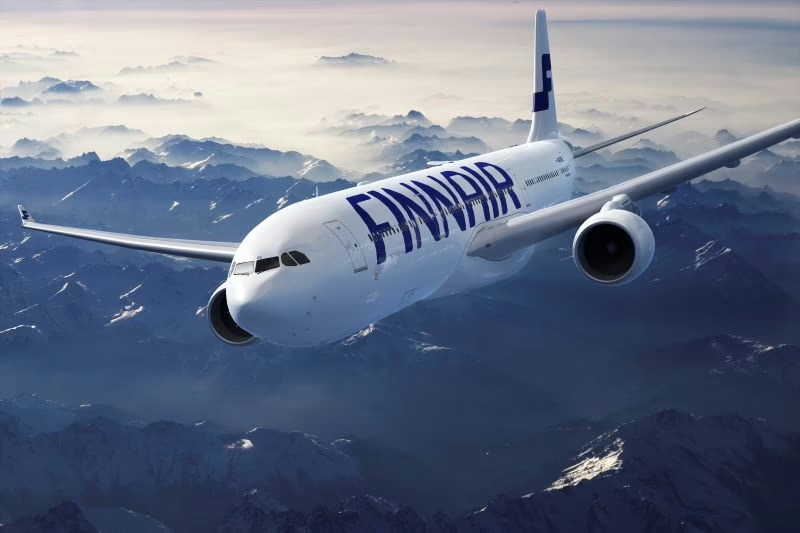
LONDON—European aviation regulators should be focused on incentivizing aviation to decarbonize rather than threatening to penalize the sector, Finnair’s CEO said Sept. 19.
Speaking in London at an event to mark the Finnish flag-carrier’s forthcoming centenary, outgoing CEO Topi Manner accepted that the airline sector had a major challenge on its hands to decarbonize by 2050—Finnair is aiming for a tighter 2045 target—but he defended the industry’s role in benefiting economies and wider society.
Manner did not believe that the goal of decarbonization would be helped by “penalizing or taxing or prohibiting people from flying.”
“My worry is that Europe ... is very much regulating and constraining, whereas the U.S., through measures such as the Inflation Reduction Act [which contains significant tax credits for the producers of sustainable aviation fuels] are more incentivizing,” Manner said.
“I think what we’re seeing now is that the U.S. is taking the global lead in terms of decarbonizing aviation, rather than Europe,” he added. Manner said he believed that European regulators were “partially” getting it wrong in their approach.
When asked about suggestions from some quarters that frequent flyer programs should be taxed to discourage people from flying more than necessary, Manner said he hoped the programs would not be penalized. “What we’re seeing, post-pandemic, is that people really want to fly and that the social need for travel—whether for leisure or business—is tremendous.” It constituted a pillar both of economies and of wider society, he said.
When speaking about summer 2023’s air traffic control (ATC) delays in Europe, Manner said that the peak season had been better than that of 2022, “but I wouldn’t characterize it as ‘good’ yet.”
Finnair had been less affected than many European carriers by ATC delays over the summer, he said. “Our advantage in this environment is that our home hub [in Helsinki] is functioning very well,” being outside the main European area where most delays had occurred. However, the airline had been exposed to European ATC issues and capacity constraints to some extent.
When asked for his views on the much-vaunted Single European Sky (SES) project—which aims to abolish many of the national ATC boundaries in Europe and ease traffic flow, but which has been moving at a glacially slow pace for the past 20 years—he said there remains “significant impediments” to its implementation.
Challenges include the attitudes of ATC trade unions in countries such as France and Germany as well as the role of the military in controlling swathes of European airspace.
It is estimated that aviation emissions could be reduced by as much as 10-15% if aircraft were able to fly the more efficient routings that full implementation of SES would bring. Such an improvement would really “move the needle,” he said.
Contrasting governments’ attitudes to volumes of flights with solving the SES problem, Manner said: “I think that’s something that regulators could act upon. As a measure, [SES] would be far more impactful than taxing aviation.”
On SES being fully implemented, however, Manner said, “I wouldn’t hold my breath.”
